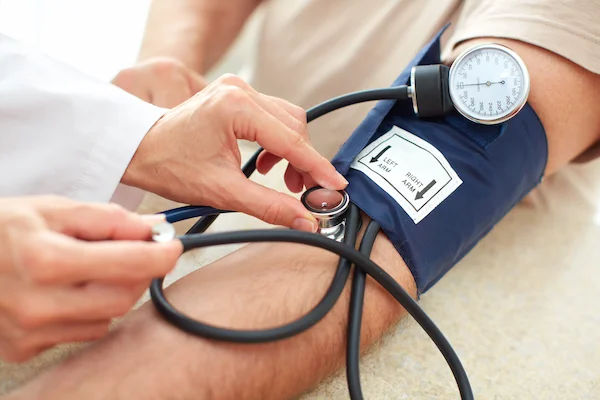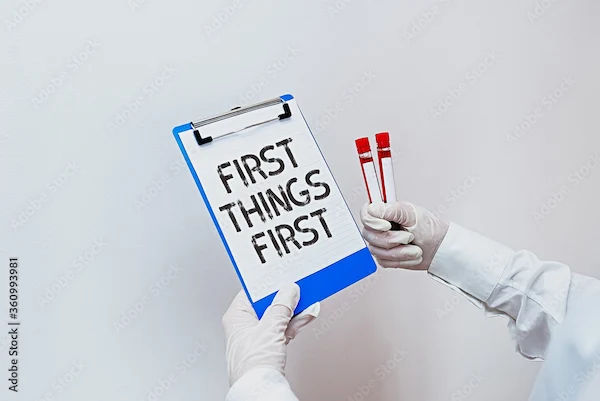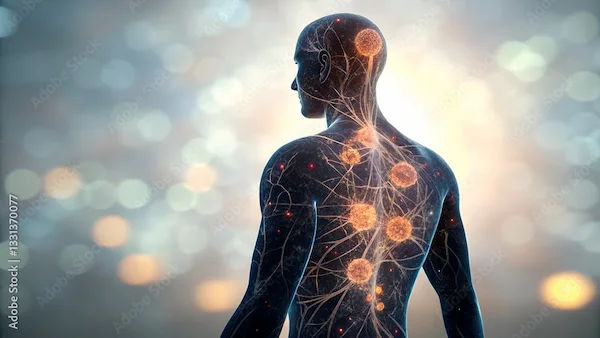Vitamin D-Rich Foods for Bone Health
Discover the best vitamin D-rich foods to support bone health and prevent deficiencies. Learn about daily needs, top food sources, and smart tips for better absorption and stronger bones.

Written by Dr. Shaik Abdul Kalam
Reviewed by Dr. Mohammed Kamran MBBS, FIDM
Last updated on 10th Aug, 2025

Introduction
Maintaining strong and healthy bones is essential for overall wellbeing, and vitamin D plays a crucial role in this process. Often called the "sunshine vitamin," vitamin D helps your body absorb calcium, which is vital for bone strength. Unfortunately, many people don’t get enough of this nutrient, leading to weak bones, muscle pain, and even conditions like osteoporosis.
The good news? You can boost your vitamin D levels through diet and sunlight exposure. In this article, we’ll explore the best vitamin D- rich foods, why they matter, and how you can incorporate them into your daily meals for better bone health.
Why Is Vitamin D Important for Bones?
Vitamin D helps your body absorb calcium and phosphorus, two minerals essential for strong bones and teeth. Without enough vitamin D, your bones can become thin, brittle, or misshapen. In children, a severe deficiency can cause rickets, while adults may develop osteoporosis (weak, porous bones) or osteomalacia (soft bones).
Signs of Vitamin D Deficiency
Fatigue and weakness
Bone or back pain
Frequent fractures
Muscle cramps
Mood changes (such as depression)
If you experience these symptoms, it may be time to check your vitamin D levels.
Best Vitamin D-Rich Foods for Strong Bones
While sunlight is the best natural source of vitamin D, certain foods can also help maintain healthy levels. Here are some of the top options:
1. Fatty Fish
Fish like salmon, mackerel, sardines, and tuna are excellent sources of vitamin D. Just 3.5 ounces (100 grams) of cooked salmon provides about 570 IU (International Units) of vitamin D, covering a significant portion of your daily needs.
Tip: Try grilled salmon, sardine toast, or tuna salad for a vitamin D boost.
2. Egg Yolks
Egg yolks contain small amounts of vitamin D—about 37 IU per yolk. While not as rich as fish, eggs are an easy and affordable way to add this nutrient to your diet.
Tip: Enjoy boiled, scrambled, or poached eggs for breakfast.
3. Fortified Foods
Many foods are fortified with vitamin D, meaning extra nutrients are added during processing. These include:
Milk (cow’s milk and plant-based alternatives like soy or almond milk)
Orange juice
Cereals
Yogurt
Tip: Check food labels for "fortified with vitamin D" to ensure you’re getting the benefits.
Consult Top Specialists for Personalised Tips
4. Mushrooms
Certain mushrooms (like shiitake and maitake) produce vitamin D when exposed to sunlight. Wild mushrooms generally have more vitamin D than commercially grown ones.
Tip: Add mushrooms to soups, stirfries, or omelettes.
5. Cod Liver Oil
A teaspoon of cod liver oil provides about 450 IU of vitamin D, along with heart-healthy omega3 fatty acids.
Tip: If you dislike the taste, try flavoured cod liver oil capsules.
6. Cheese
Some cheeses, like Swiss and cheddar, contain small amounts of vitamin D. While not a primary source, they can contribute to your daily intake.
Tip: Pair cheese with wholegrain crackers or add it to salads.
How Much Vitamin D Do You Need?
The recommended daily intake varies by age:
Infants (012 months): 400 IU
Children & Adults (170 years): 600 IU
Adults over 70: 800 IU
Pregnant & breastfeeding women: 600 IU
People with limited sun exposure, darker skin, or certain medical conditions may need higher doses (as advised by a doctor)
Tips to Improve Vitamin D Absorption
1. Get Some Sun: Spend 1030 minutes in sunlight (without sunscreen) a few times a week.
2. Combine with Healthy Fats: Vitamin D is fatsoluble, so pair it with foods like avocados, nuts, or olive oil for better absorption.
3. Exercise Regularly: Weightbearing exercises (walking, jogging, strength training) help strengthen bones.
4. Limit Caffeine & Alcohol: Excessive intake can interfere with calcium absorption.
When to See a Doctor?
If you suspect a vitamin D deficiency, a simple blood test can confirm your levels. Severe deficiencies may require supplements, but always consult a doctor before starting any new regimen.
Need help? You can book a vitamin D test or consult a nutritionist through Apollo 24|7 for personalised advice.
Final Thoughts
Vitamin D is a key player in bone health, and getting enough of it can prevent long-term complications. By including fatty fish, eggs, fortified foods, and mushrooms in your diet—along with sensible sun exposure—you can keep your bones strong and healthy.
Consult Top Nutritionists
Consult Top Specialists for Personalised Tips

Dr. Ramalinga Reddy
General Physician
5 Years • MBBS MD General medicine
Bengaluru
PRESTIGE SHANTHINIKETAN - SOCIETY CLINIC, Bengaluru
Ms. Bhavana Shetty
Dietician
7 Years • DDHN & Masters in Clinical Nutrition & Dietetics
Bangalore
Apollo Sugar Clinic, Seetha circle bangalore, Bangalore
Dt. Ila Sharma
Clinical Nutritionist
18 Years • Master in food & Nutrition
Gurugram
VIPUL GREENS - SOCIETY CLINIC, Gurugram
Dr Sumanth R
General Physician
2 Years • MBBS
Bengaluru
PRESTIGE SHANTHINIKETAN - SOCIETY CLINIC, Bengaluru
Mrs Sneha P V
Nutritionist
10 Years • Master of science in Food and Nutrition
Bangalore
Apollo Clinic Bellandur, Bangalore
Consult Top Nutritionists

Dr. Ramalinga Reddy
General Physician
5 Years • MBBS MD General medicine
Bengaluru
PRESTIGE SHANTHINIKETAN - SOCIETY CLINIC, Bengaluru
Ms. Bhavana Shetty
Dietician
7 Years • DDHN & Masters in Clinical Nutrition & Dietetics
Bangalore
Apollo Sugar Clinic, Seetha circle bangalore, Bangalore
Dt. Ila Sharma
Clinical Nutritionist
18 Years • Master in food & Nutrition
Gurugram
VIPUL GREENS - SOCIETY CLINIC, Gurugram
Dr Sumanth R
General Physician
2 Years • MBBS
Bengaluru
PRESTIGE SHANTHINIKETAN - SOCIETY CLINIC, Bengaluru
Mrs Sneha P V
Nutritionist
10 Years • Master of science in Food and Nutrition
Bangalore
Apollo Clinic Bellandur, Bangalore




